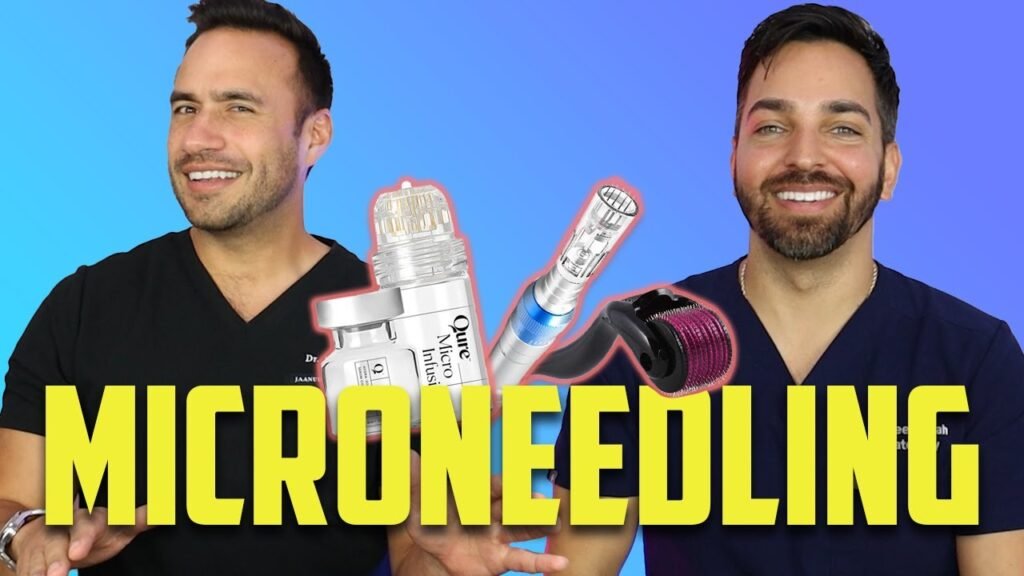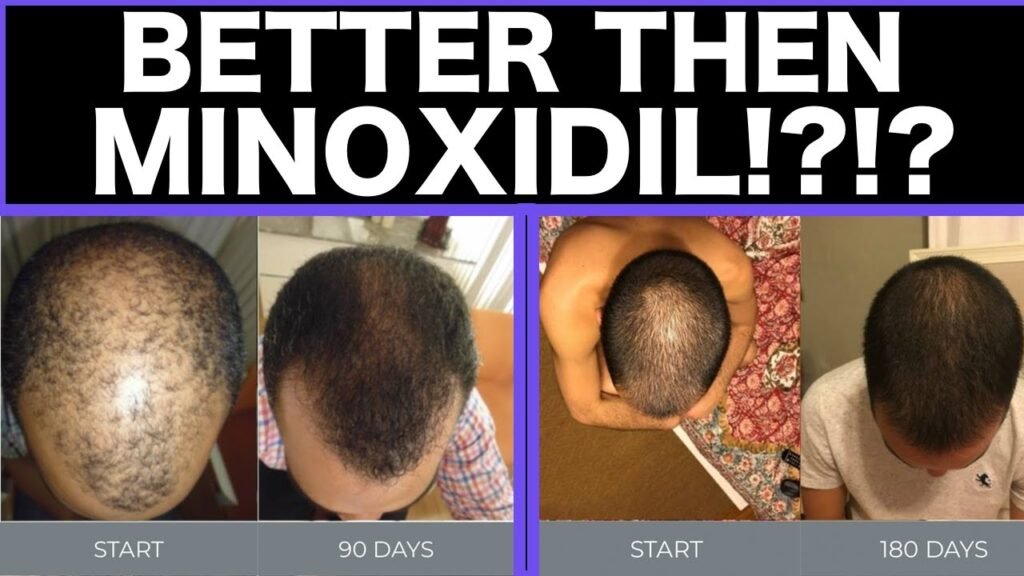Key differences between Minoxidil vs derma roller
When it comes to hair regrowth treatments, both Minoxidil and derma rollers are popular options, yet they function quite differently. Minoxidil, an FDA-approved topical solution, primarily works by stimulating blood flow to hair follicles, prolonging the growth phase of the hair cycle. Its commonly available in liquid or foam form and is applied directly to the scalp. Minoxidil is most effective for those experiencing pattern baldness and is often recommended for long-term use to maintain results.
In contrast, a derma roller is a handheld device equipped with hundreds of tiny needles that create micro-injuries on the scalp. This process, known as microneedling, can promote collagen production and increase blood circulation, potentially leading to improved hair growth. Derma rollers do not deliver medication; instead, they rely on the bodys natural healing response. This method can be used in conjunction with other treatments, such as Minoxidil, to enhance efficacy, but it requires a different application technique and frequency.
Application and Usage
Minoxidil is typically applied twice daily and must be used consistently for several months to see noticeable results. It’s crucial to follow the application instructions carefully to maximize its effectiveness and minimize potential side effects, such as scalp irritation or unwanted hair growth on adjacent areas. On the other hand, using a derma roller involves rolling the device over the scalp once or twice a week, depending on needle length and individual tolerance. It requires thorough cleaning before and after each use to prevent infection.
Side Effects and Suitability
While both treatments aim to combat hair loss, their side effects and suitability can vary. Minoxidil users may experience side effects such as itching, redness, or dandruff on the scalp. It is generally suitable for both men and women, but those with sensitive skin or certain scalp conditions should consult a healthcare professional before use. Derma rollers, while generally considered safe, can cause temporary redness and discomfort. They are not recommended for individuals with skin conditions like eczema or psoriasis without medical advice.


